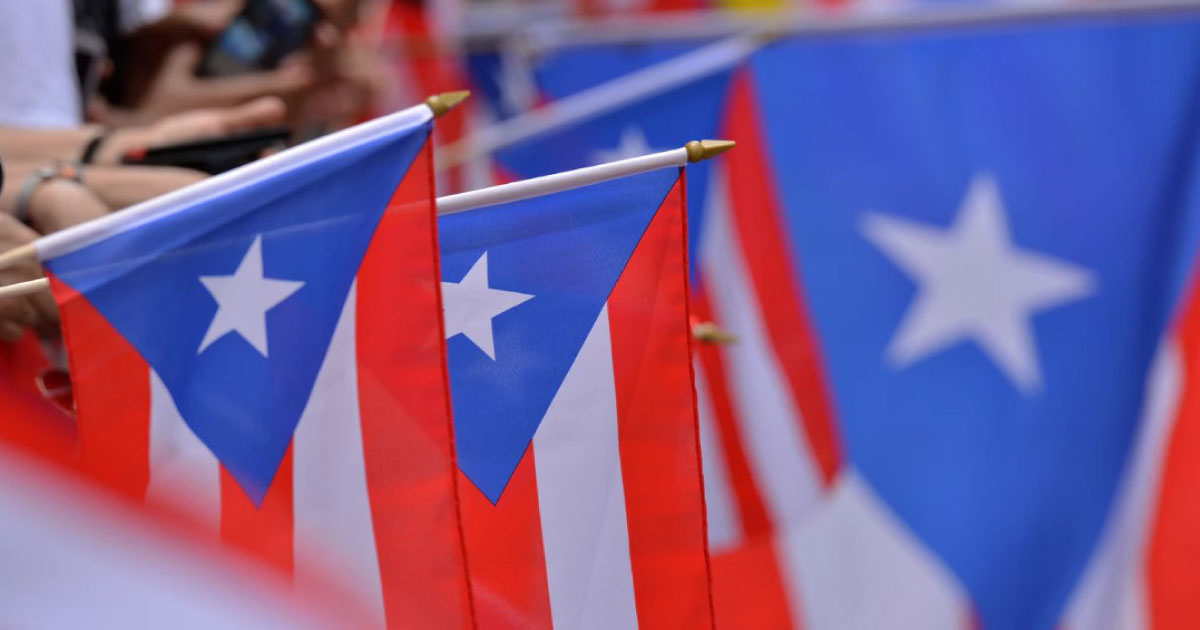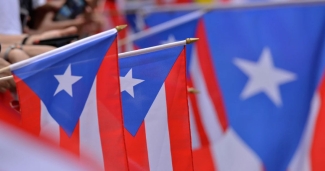Response from the Field: Dr. Jose Rodriguez on Hurricane Deaths in Puerto Rico

New research published in the New England Journal of Medicine affirms what clinicians on the ground already knew: the official death toll from devastating Hurricane Maria is vastly underestimated. The report estimates that at least 4,600 people died as a result of the hurricane, 70 times larger than Puerto Rico's official death toll of 64. We turned to Dr. Jose O. Rodriguez, Family Medicine Specialist and Medical Director of General Hospital Castañer in Puerto Rico to get his reaction to the report.
From your position in the field, do you think this assessment is more accurate? Why?
"I think these results presented in the study are more accurate than those presented by the government of Puerto Rico because what was observed in the pueblos was that there were more deaths than usual. There were lines in the medical examiner’s office for death certificates -- morticians complained about how long they had to wait for a death certificate, for evaluation from the medical examiner. In addition, the medical establishment has never been trained to evaluate deaths or consider the causes to more accurately document the cause on the death certificate."
Why do you think the federal number and the real number are so disparate?
"First, the government never provided instruction to the medical faculty to consider the results of Hurricane Maria as cause of death to assure proper documentation on death certificates. [The hurricane was mentioned as the cause of the death] only if it was the direct cause of death. A direct cause of death by the hurricane would be, for example, a person crossing a bridge over a river, the river bursting its banks [because of stormwater influx] and the person drowning. But consider this example: a patient had a stroke due to uncontrolled hypertension because his hypertension was untreated for two weeks and he was in continual stress. In this case, the doctor documents the cause of death as a stroke. But, when we consider the hurricane as the cause of stress and the reason he was unable to take his medicines, then this death should be related to the storm."
Can you share a story about a death in your community after the hurricane? Was the death claimed as a hurricane casualty?
"A bedridden patient needed an air mattress but without power [to pump up the mattresses], the patient didn’t have the mattress to prevent bedsores. This caused multiple bedsores that led to sepsis. This caused his death. On his death certificate, the cause of death is sepsis and infected decubitus ulcers. Not taken into consideration was that the cause of the bedsores was his inability to get the protection of the air mattress. And, of course, there was no mattress because we didn’t have electricity as a result of the hurricane.
Another case: a patient dependent on oxygen and respiratory therapy for his severe emphysema died from respiratory failure and decompensation of emphysema. On the death certificate, the cause of death is recorded as respiratory failure as a result of possible pneumonia and decompensated COPD. But it did not take into consideration that the COPD decompensation from lack of oxygen, respiratory therapy, and suction of secretions was due to the lack of electricity as result of Hurricane Maria."
What can we do better in the future to make sure such a discrepancy doesn't happen again?
"To assure that numbers are more accurate and reliable, we must guide clinicians to properly document the disaster as the cause of death on the death certificate in addition to the clinical causes that led directly to the death. Public health personnel needs to be appointed, especially physicians or pathologists, as the people responsible for certification and not non-clinical staff as was the case in Puerto Rico."
Why is it important that the federal number is accurate?
"These numbers are important because they serve to evaluate our emergency system and how prepared we were. We can then review our protocols to improve and be better prepared for the next disaster and prevent the loss of life. In addition, accurate numbers are important so people can trust their system of government. From this experience we have learned that during such a weather-related disaster, we cannot rely on the information provided by our system of government. This is not good for the progress of a country which must respond and rise up after a disaster."
Read Dr. Rodriguez's essay in STAT News, published directly after Hurricane Maria. Support MCN's work in disaster response and Puerto Rico.
Like what you see? Amplify our collective voice with a contribution.
Got some good news to share? Contact us on our social media pages above.
Return to the main blog page or sign up for blog updates here.
- Log in to post comments

